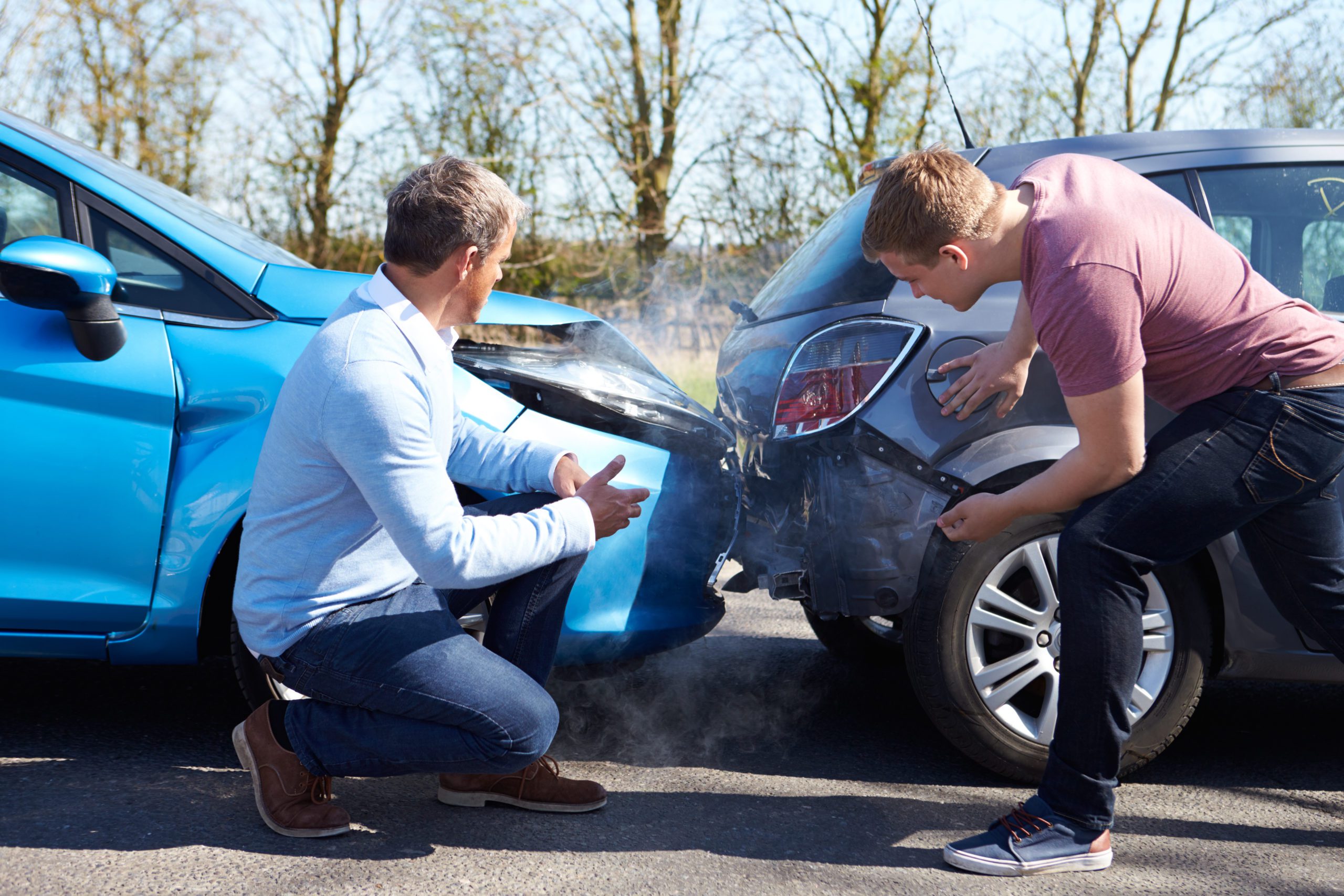
Getting in a car accident is a terrible experience, regardless of fault, injuries or severity. There is often some confusion about what to do when you’re in a car accident. Being prepared will make the process a lot easier.
One suggestion for all insureds would be to keep a pen, some paper and a flashlight in your glove compartment. These items will come in handy when it comes to collecting information after a car accident.
Next, keep calm and remember this simple step-by-step approach to handle the aftermath of an accident.
1. Check yourself and your passengers for injuries.
If it’s possible and safe, it’s recommended that any passengers with back or neck pain limit any movement until first responders arrive.
2. Check your surroundings. Are you in a safe location? Do you smell smoke or gas?
If not, it’s best to move your vehicle to a safe spot away from the flow of traffic. If you are injured, remain where you are for accident investigation.
When moving your vehicle, do so slowly, turn your hazard lights on, and once stopped put the car into park with the parking brake on and turn your vehicle off.
If possible, once parked, jot down the license plate numbers of the other cars involved in case they flee the scene.
3. Call the Police.
Even with minor car accidents having a police report can help insurance companies and courts determine liability. While some police departments will not respond to minor fender benders, they will if there are any injuries. The reporting officers will fill out an accident report, document the scene and take statements from all drivers involved.
4. Wait for help & exchange contact information.
If you feel it is safe and you are uninjured—exchange contact and insurance information with the other driver. Important information to obtain is:
- Full name and contact info
- Insurance company and policy number
- Driver’s license and license plate number
- Type, color and model of vehicle.
- Location of accident.
We suggest refraining from discussing fault with the other driver, especially if the other driver seems hostile. The reporting police officer will obtain this information during their report. If you have decided against making a police report, make sure to obtain the information above.
5. Document the scene.
Take photos of any damage, as well as any details such as skid marks on the road. Take photos of all 4 sides of other vehicles involved in the accident and document all property damage. You may want to jot some notes for yourself as this will assist in making a detailed report to your insurance company.
6. Visit your doctor.
If you are injured, even slightly, we suggest getting a checkup. Bring your auto insurance information as your insurance will cover any medical checkups after an accident.
7. Contact your insurance company to file a claim.
It’s best to report directly to your auto insurer in lieu of your broker. Many insurers now have a mobile app and 24/7 toll-free phone number making reporting a claim available at any time.
If you prefer, you can also contact our agency to report the claim as we would be more than happy to assist connecting you with your insurance carrier to make the report. You will need to have your policy number and accident details when reporting.
Once reported, you will be contacted by an adjuster that will obtain further details, determine liability and inspect your vehicle if you are filing for damage
An accident can leave even the calmest of us stressed out. Following these steps will help prevent unnecessary worries so your accident can be resolved as efficiently as possible.
Please contact us with any questions.

